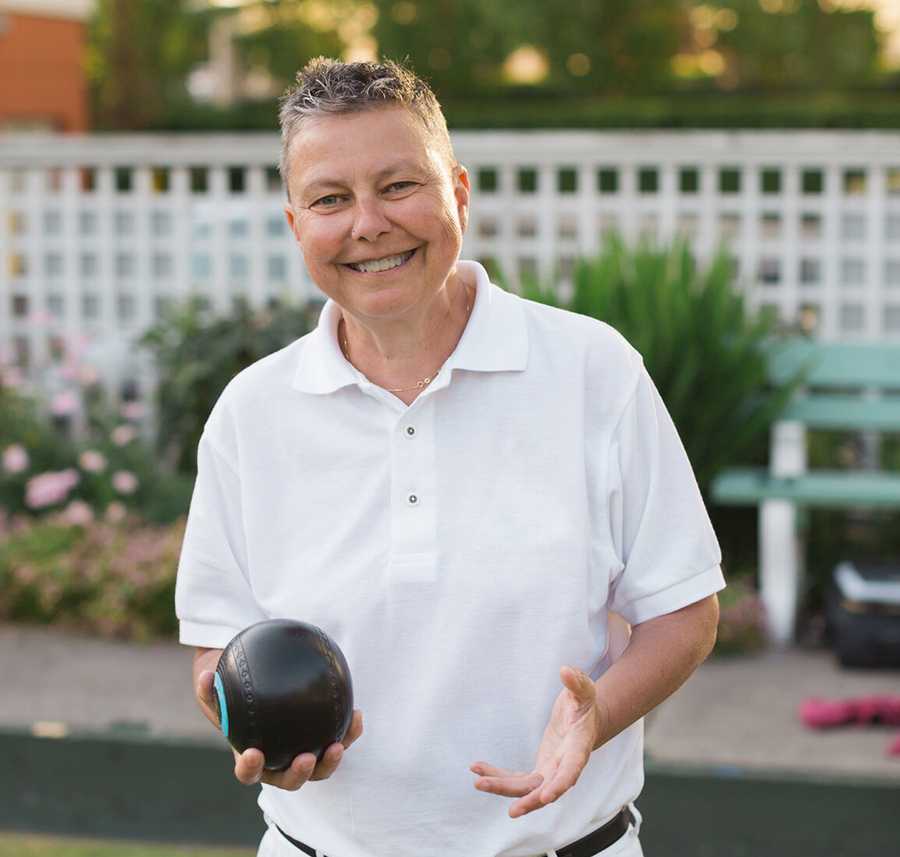Clubs
Clubs have a legal responsibility to make sure that all members, staff and everyone who uses their services are treated fairly and with respect.

How does the law protect me?
Under the Equal Opportunity Act 2010, clubs have a positive duty to eliminate discrimination, sexual harassment and victimisation as far as possible.
While a person who discriminates against or sexually harasses someone else is primarily responsible for their own behaviour, in some cases a club could also be held responsible for an individual club member’s unlawful behaviour if that member acted on the club’s instructions or with its authority.
The law protects you from discrimination
It is against the law for a club to treat you unfairly because of a personal characteristic that is protected by law, such as your:
- disability
- race
- religion
- sex
- sexual orientation.
If you are already a member of a club, discrimination could include:
- cancelling your membership. For example, because you belong to a union
- changing the terms of your membership. For example, ending your life membership because you are a lesbian
- refusing your application for a different type of membership. For example, only accepting people who are Anglo-Celtic into the highest class of membership
- denying or limiting your access to club benefits. For example, refusing you access to use the club’s pool because you are HIV positive.
If you are applying to be a member of a club, discrimination could include:
- refusing membership. For example, because you are a gay man
- setting unequal terms of membership for different membership types. For example, only accepting men as full members
- processing your membership application unfairly. For example, requiring a character reference if you come from a non-English speaking background.
Find out more about discrimination.
The law protects you from sexual harassment
Sexual harassment is also against the law, whether it is committed by:
- club members
- committees of management.
Find out more about sexual harassment.
It is also against the law to victimise a person, which means treat them badly or unfairly, because they have made a complaint about discrimination, sexual harassment or vilification, or have helped someone else to make a complaint.
You can make a complaint
Get help from us.
You can make a complaint to us if you think you have experienced:
If you wish, someone else can make a complaint for you. Find out how we help people resolve complaints.
We can also give you information about your rights.
What kinds of clubs are covered?
Under the Equal Opportunity Act, a ‘club’ is an association
- of more than 30 people who come together for social, literary, cultural, political, sporting, athletic or other purposes, and
- has a liquor licence (other than a temporary limited licence or a major event liquor licence), and
- operates its facilities wholly or partly from its own funds.
Even if your club does not meet the definition above, it may still have obligations under the Equal Opportunity Act relating to sport, employment, goods and services or accommodation.
Are there any exceptions to the law?
There are some exceptions in the Equal Opportunity Act that mean it’s not against the law to discriminate in particular circumstances. For example, discrimination is not against the law if there is a real risk to someone’s health, safety or property.
Find out more about exceptions.
My human rights under the Charter
Every Victorian has the right to equal and effective protection against discrimination, and to enjoy their human rights without discrimination.
Victoria’s Charter of Human Rights and Responsibilities contains 20 basic rights that promote and protect the values of freedom, respect, equality, and dignity.
The Victorian Government, local councils and other public authorities must always consider Charter rights, including the right to equality, when they create laws, develop policies and deliver their services.
Find out more about your human rights under the Charter and what to do if you think they have been breached.